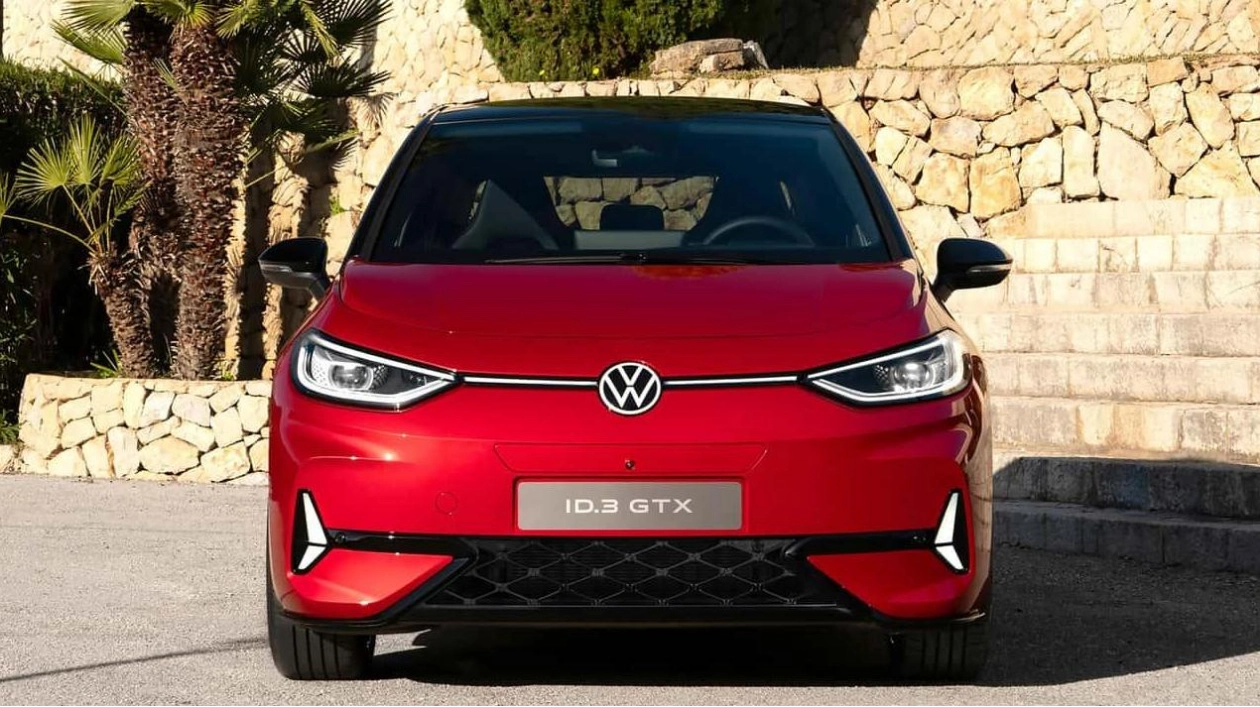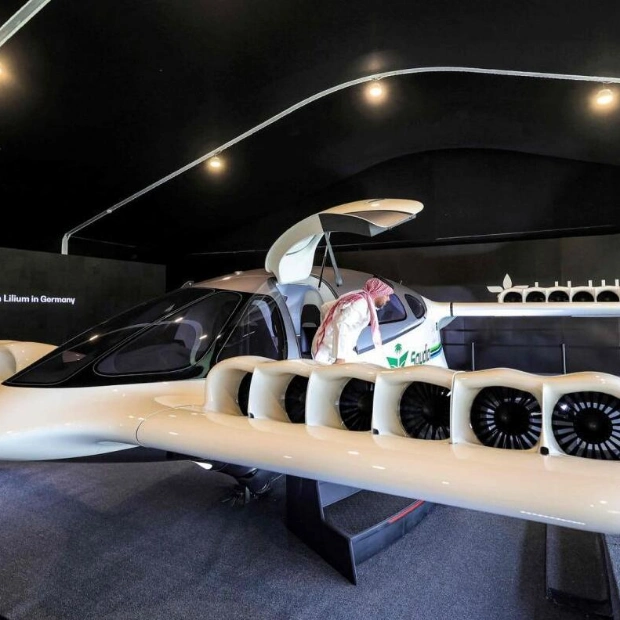In a recent email to Motor1, a VW Group spokesperson shared statements made by VW Group CFO/COO Dr. Arno Antlitz concerning the company's cost efficiency. These statements highlight the operational challenges faced by VW in Germany. "For a while now, we've been spending more at the brand level than we earn. This isn't sustainable in the long run. If we continue this way, we won't succeed in our transformation. In Europe, the number of vehicles sold has dropped by 2 million compared to pre-COVID levels. Before the pandemic, around 16 million vehicles were sold annually in Europe. This figure fell to about 12 million during and after COVID due to semiconductor shortages across the industry. Although the market has since recovered, it won't return to its previous level. We anticipate around 14 million vehicles will be sold annually in the future, if at all. This leaves a gap of about 2 million units. As the largest manufacturer in Europe with a market share of around 25%, we are short by about 500,000 cars, equivalent to the output of two plants. This isn't due to our products or poor sales performance; the market simply isn't there anymore. It's our collective responsibility to enhance the cost efficiency of our German sites. We must boost productivity and cut costs. We have one to two years to make this turnaround. We need to use this time wisely. Simultaneously, we must simplify our processes and maximize Group synergies."
Dr. Arno Antlitz, the chief financial and operating officer of Volkswagen Group, addressed employees at the company's Wolfsburg headquarters, emphasizing that the company has "one, maybe two" years to turn around its main car brand, Volkswagen. His comments come shortly after reports suggesting VW might close two plants in Germany, a move unprecedented in the company's 87-year history. Approximately 25,000 workers attended a meeting with company executives, expressing strong concerns about potential plant closures. In the 1990s, an agreement was made to ensure job security for VW Group employees until 2029. However, VW's leadership argues that changing market conditions in Europe necessitate significant cost reductions as demand wanes. Antlitz mentioned a shortfall of around 500,000 vehicles and informed the assembly that sales are unlikely to recover in the post-pandemic era.
In response, the Volkswagen works council criticized company executives for their perceived failures. According to Euronews, Chairperson Daniela Cavallo was direct in her criticism during the meeting, accusing the board of neglecting the core business and making employees bear the brunt of their mistakes. Looking at recent VW Group sales figures, the situation doesn't seem as dire as Antlitz suggests. Second-quarter results indicate a slight increase in the European market at 1.9%, with sales also up in South America and the US. However, in Asia, competition from China has led to an 8.2% decline in VW Group sales. Specifically in the electric vehicle sector, the company is struggling across Europe with a 15.2% sales drop. With VW Group aggressively pushing towards an electric lineup, these numbers indicate a challenging future.
Volkswagen's long-term prospects in the US remain uncertain. Meanwhile, VW's revival of the Scout brand is proceeding as planned, with the new electric truck and SUV set to debut on October 24.






